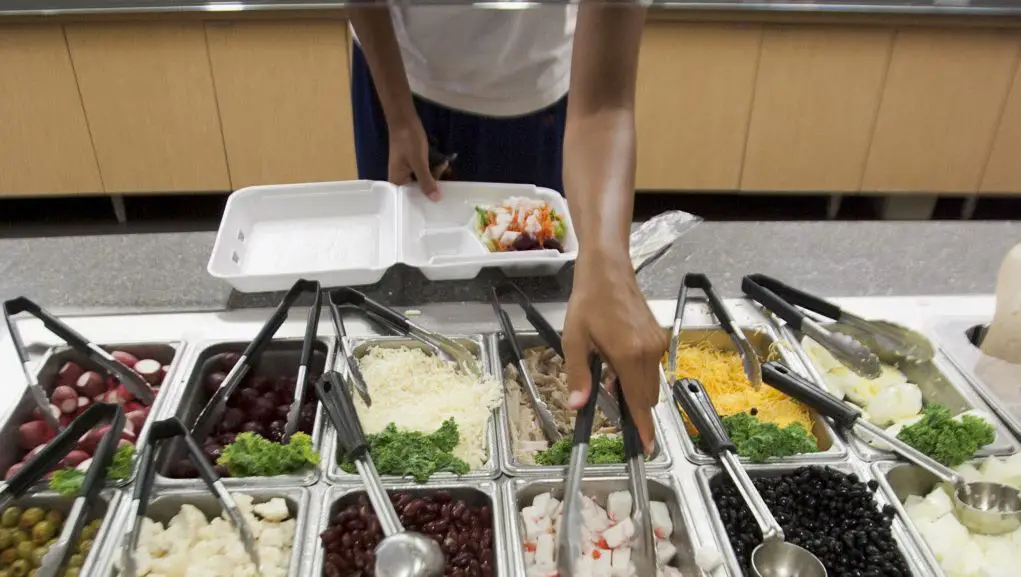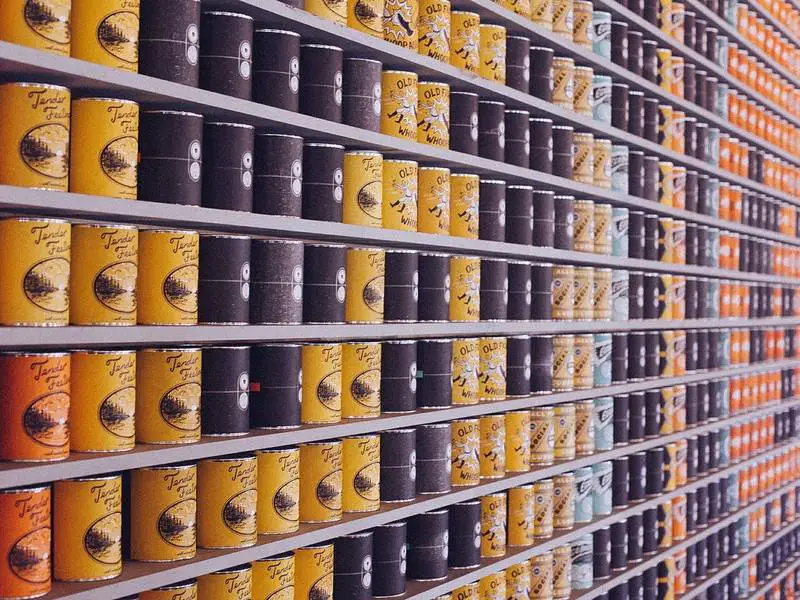USA Today released an article by opinion columnist James Bovard. In the piece, “Starvation issues in universities? The real problem is obesity,” Bovard calls out the alleged “baloney that spawns policy hysteria nowadays.”
He asserts that, rather than food insecurity being an issue at universities, obesity really is. He further claims that “food insecurity” is purely a “vaporous term beloved by pro-welfare advocates.”
Bovard lambasts Temple University and Wisconsin HOPE Lab’s report, “Still Hungry and Homeless in College,” particularly their misuse of the U.S. Department of Agriculture’s information.
He points out that that the USDA’s annual Food Security survey does not measure hunger, but claims the Temple/HOPE report ignored that.
The report has been cited for how it brought attention to food insecurity in colleges, primarily among low-income students who struggle to afford buying food. But Bovard questions the veracity of some of the report’s information: Regarding the 26 percent of food-insecure students with a meal plan, did they oversleep and miss breakfast?

He notes that the report may not have been representative, considering the response rate was less than 10 percent and those who did choose to take the survey may have only done so to win a $100 prize.
Bovard therefore claims that the Temple/HOPE report was “dumpster data,” using a particular segment to back up this idea: Homosexual students were at greater risk of basic-needs insecurity, and bisexual students were at highest risk.
Bovard finds this dubious, considering over 10 percent of respondents at four-year colleges and/or universities identified as bisexual. He thus believes the report attempts to say that half of bisexual students went hungry.
To this, he questions if the bisexuals were “too busy cavorting with both genders to eat,” and says that, “If there were a national conspiracy to starve bisexuals, we would’ve heard about it before now.”
Bovard goes on to poke at advocates’ calls for federal programs to provide free or reduced-priced meals at colleges.
Citing the 10-hour drop in time spent studying a week from 1961 to 2010, he posits that students should just get a job with their free time instead of depending on the government. He believes such federal programs would obliterate students’ responsibility to feed themselves and lead to weight issues.
To cement his position, Bovard references the $26.6 billion in funds the Pell grant dispersed among approximately 7 million low-income students.
He questions where all the money went and wonders how the students do not have enough left over for food, saying, “Apparently, no matter how many handouts government provides, students still cannot be expected or trusted to feed themselves.”
He eventually comes around and says that a lower-price option for meal plans is not the worst idea but does think this would just “bloat more students at a time when obesity wreaks more havoc than a few missed meals.”
James Bovard’s piece, though controversial and provocative, does bring more attention to the debate over food insecurity. His thoughts raise questions concerning research and how quickly information can be disseminated without looking much deeper at opposing sides.
















